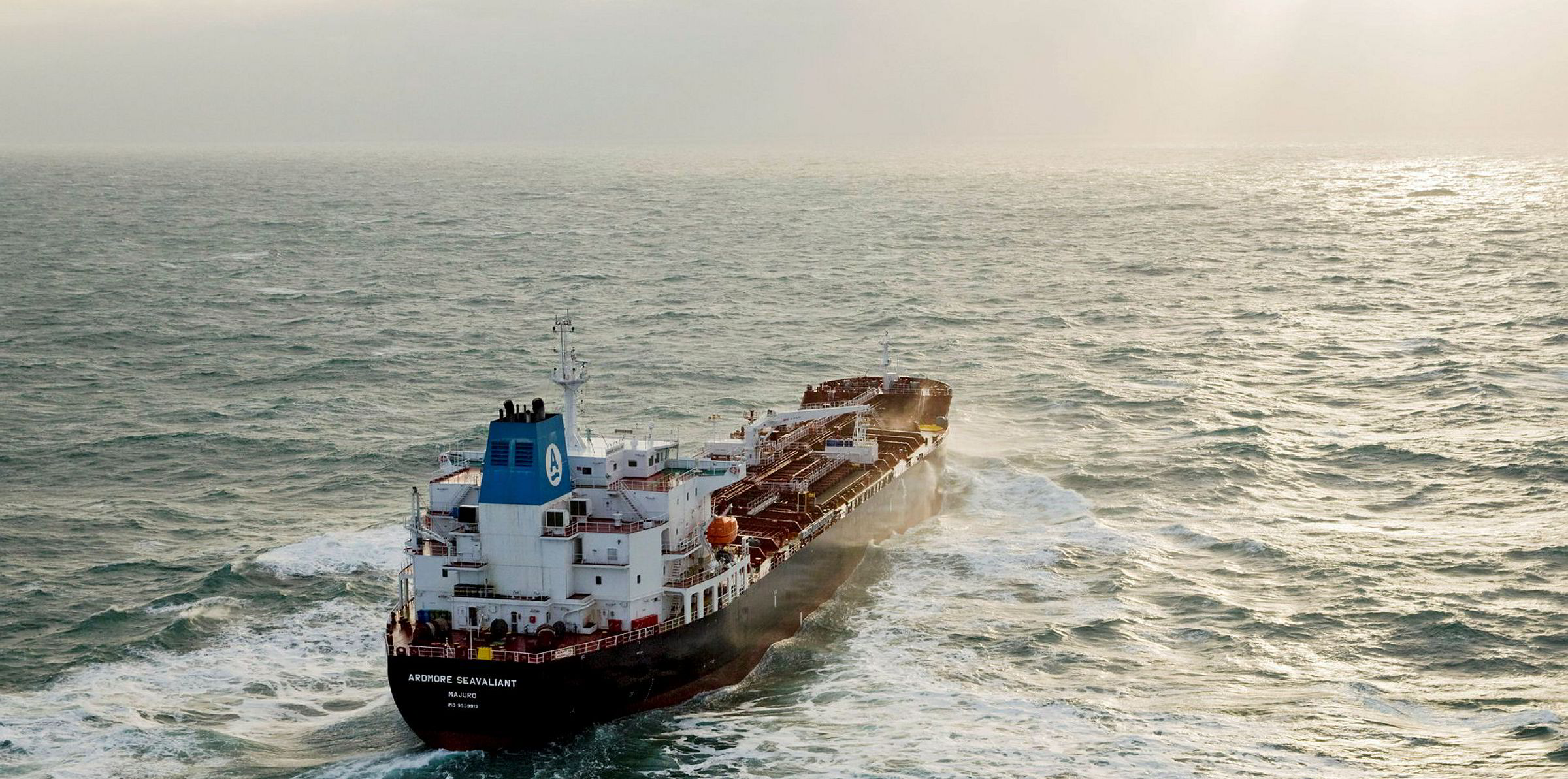Ocean Yield has stayed profitable in the second quarter despite an eventful three months.
The Oslo-listed and Kjell Inge Rokke-backed shipowner reported a $16.5m profit on Thursday, better than the $5.3m profit posted for the second quarter of 2019.
This also showed sequential improvement from a $1.6m loss in the first quarter.
"The second quarter was dominated by the Covid-19 pandemic, which caused significant market volatility," chief executive Lars Solbakken said.
"With most of our vessels on long-term, fixed rate charters, the pandemic had limited effect on our revenues and Ocean Yield used the second quarter to strengthen the balance sheet."
Beyond the macroeconomic shocks, the results — including $86.3m in Ebitda and $26m in revenue — came as a subsidiary cut a deal with restructuring Solstad Offshore on charters for two ships, Rokke's Aker Capital took a stake in seven tankers, and the 4,900-ceu Hoegh Xiamen (built 2010) was declared a total constructive loss after a fire.
Also, the 38,000-dwt Navig8 Aquamarine (built 2015) was delivered to Navig8 Tankers after Navig8 exercised its purchase option, generating $9.7m in net cash for Ocean Yield.
Meanwhile, the company said it continues to look for employment for the troublesome 214,266-cbm floating production, storage and offloading unit Dhirubhai-1 (built 1979).
In May, Ocean Yield said it was hoping to take advantage of the floating storage trend to find work for the FPSO, which had been dragging on the company's earnings since it was released from its charter in 2018.
"Discussions have continued with potential interested parties during the second quarter, despite the corona pandemic and the volatility in the oil price," the company said in its earnings report.
"It is expected that these discussions will continue during the third quarter, however there is still uncertainty around the timeline of these projects and when a final decision can be made."
It said the ship remains in warm lay-up in Sri Lanka.
If work is not found, the company said it could take further impairment charges on the vessel.






